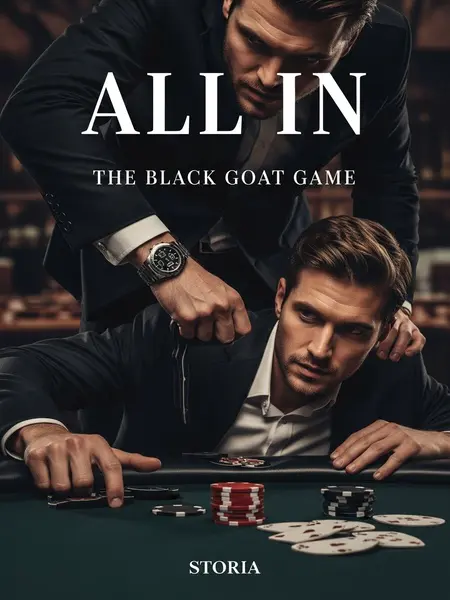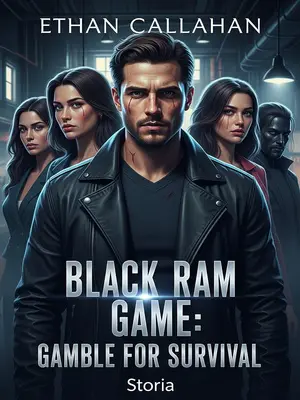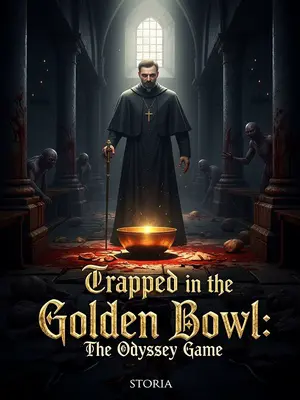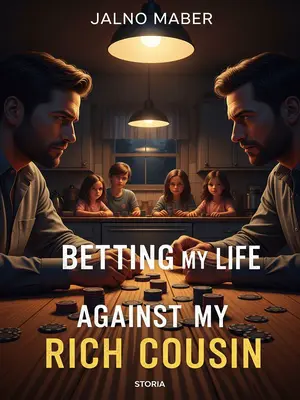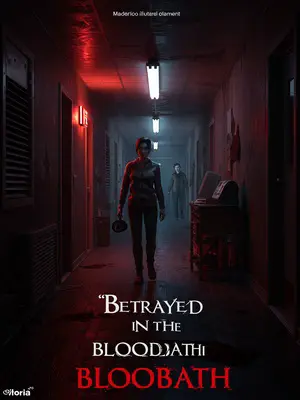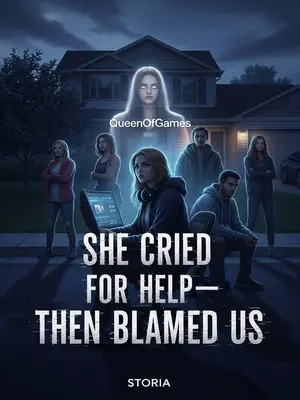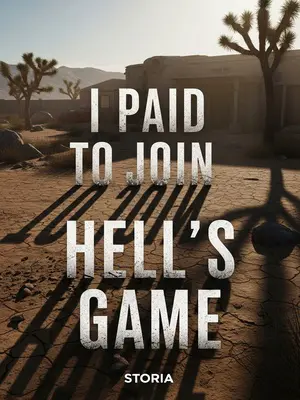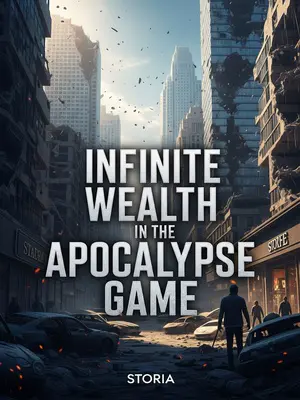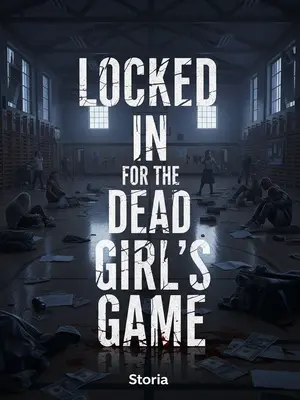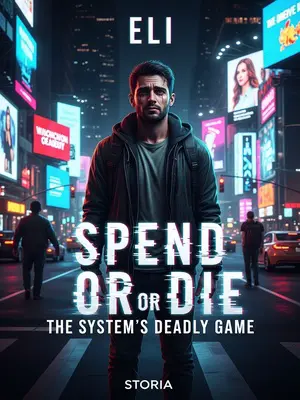Chapter 4: Beneath the Mask
"Too many people means a smaller share for everyone, but if you earn a lot of cards in the game, we can reconsider."
He dangled hope like a carrot. Desperation makes people easy to control.
Snake finished forming his team and led them to the second-floor restaurant. They followed him like they’d found a new leader, all excited, as if the prize money was already theirs.
They laughed and joked, the tension gone. I wondered how long it would last.
The leftover players formed a team themselves. They didn’t have the numbers, but it was better than going it alone.
They huddled together, whispering strategies. I could see the worry in their eyes.
They invited me to join, but I politely declined. They didn’t insist and continued discussing strategies in the hall.
I appreciated their offer, but I knew I was better off alone. I’d learned that lesson the hard way.
I collected my room card from the butler and quietly returned to my room alone.
The room was small but comfortable—queen bed, clean sheets, a desk by the window. I locked the door behind me and sat on the edge of the bed, lost in thought.
The enemy had seized the high ground. I could only look for another path.
I stared out the window, watching the streetlights flicker on one by one. Somewhere, a dog barked. The world kept turning, oblivious to the game unfolding inside these walls.
The town was especially quiet at night. I stood by the window, lit a cigarette, and carefully reviewed the dealer’s rules in my mind.
The smoke curled up toward the ceiling, blending with the shadows. I replayed every word, every inflection, searching for something I’d missed.
Snake was cunning and untrustworthy, but he was right about one thing—the game could be won through sheer numbers.
But numbers alone weren’t enough. There had to be another way.
But would the dealer really overlook such an obvious loophole?
I doubted it. These games were always rigged, one way or another.
Of course not.
I smirked. The organizers didn’t get rich by making things easy.
From experience, the more obvious the loophole, the bigger the trap. The dealer must have set up a countermeasure—that’s the real path to victory.
The thought gave me hope. If I could find the trap, maybe I could turn it to my advantage.
I took a deep drag, pulled out a recorder, and pressed play. The dealer’s mechanical voice filled the room.
I’d recorded the announcement on my phone, just in case. Now I listened, dissecting every phrase.
These explanations are always carefully crafted—every word counts. This time, I was prepared.
I closed my eyes, letting the words wash over me. Patterns began to emerge.
I was certain the countermeasure was hidden in his words.
Every sentence was a clue, every pause a hint.
I listened through four times and found two major clues.
I took notes, circling the key points. It felt like solving a crossword puzzle at three in the morning.
First, the Black Goat card.
It stood out—a wild card in a deck full of jokers.
According to the dealer, the Black Goat card can be exchanged for 10 game coins directly. It’s like a golden ticket. But you can only get it by triggering a hidden task—requiring both luck and insight.
The word ‘insight’ stuck with me. Luck was just the price of admission.
Snake clearly didn’t care about the Black Goat card—he doesn’t rely on random luck. But since the dealer emphasized insight, there must be clues in the game. If you pay attention, you can find the hidden tasks from subtle hints.
I jotted down every odd detail I could remember. If there was a pattern, I’d find it.
Second, the Black Goat shop at the top of the clock tower. Its setup is strange. It has two functions: exchanging cards for coins, and selling auxiliary items to help with shop tasks.
It was the kind of thing you’d see in a board game—convenient, but suspicious.
At first glance, nothing seems odd. But think deeper: both functions are almost pointless.
Why go out of your way to make something so unnecessary? There had to be a reason.
First, exchanging cards for coins could just as easily be done at the villa after the game. Why bother with a separate shop on the west side? Isn’t that redundant?
The location was inconvenient, too. I mapped it out on my phone. It didn’t make sense—unless there was something hidden there.
Selling auxiliary items is even more questionable. In this game, coins are worth $10,000 each. If the cheapest item costs one coin, who would spend $10,000 on a single item?
You’d have to be desperate—or know something the others didn’t.
Besides, the initial 50 coins are only borrowed and must be paid back. If you come up short, you owe the difference. Most players wouldn’t dare spend the starting 50 coins, let alone splurge.
The risk was too high. I doubted anyone would take the bait.
Imagining the players clutching their wallets, I couldn’t help but laugh.
It was a nervous laugh, but it helped. Sometimes you have to find humor in the absurd.
So, the 50 coins seem unnecessary.
It was a classic misdirection—give people something they’re too afraid to use, then punish them for not using it.
Unnecessary?
I repeated the word, rolling it around in my mind. Unnecessary things always have a purpose here.
I suddenly narrowed my eyes.
The answer was there, just out of reach. I could feel it.
Why did the dealer advance 50 coins, knowing no one would dare spend them? Why bother?
The question nagged at me. There had to be a reason.
Or rather, why did the designer insist on advancing coins?
It was intentional. Nothing in this game was by accident.
Suppose you cancel the coin advance—then you can’t...
I stopped, the realization dawning on me. That was it.
